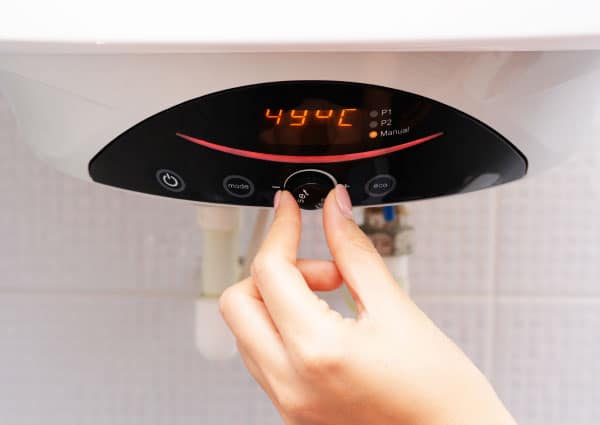Handling the Typical Water Heater Crisis Scenarios
Click HereWere you looking for ideas on Is Your Water Heater Leaking??

A water heater is just one of the most vital fundamental devices that can be located in a house. With water heaters, you do not require to experience the tension of home heating water manually each time there is a need to take a bath, wash, or the recipes. However, there is always a possibility that your water heater would act up as with most mechanical devices.
It is very important to note any little malfunction and also tackle it swiftly before points leave hand. Many times, your hot water heater begins to malfunction when there is a build-up of debris as a result of constant usage. As a preventative measure, regular flushing of your water heater is suggested to stop debris build-up and also protect against useful failing.
Typical hot water heater emergencies as well as how to deal with them
Inadequate warm water
It might be that the water heating system can not sustain the hot water need for your home. You might update your water heating unit to one with a larger ability.
Changing water temperature.
Your water heating unit can begin producing water of different temperatures typically ice chilly or scalding hot. There could be a demand to change either the thermostat or the home heating system of your water heater.
Leaky hot water heater container.
A leaking tank could be an indicator of deterioration. It might cause damages to the floor, wall surface as well as electrical tools around it. You might also go to risk of having your apartment swamped. In this situation, you need to shut off your water heater, enable it to cool off, as well as meticulously look for the source of the problem. Sometimes, all you require to do is to tighten a few screws or pipeline links in cases of minor leakages. If this does not work as well as the leakage continues, you could require to use the solutions of a specialist for a suitable substitute.
Blemished or stinky water
When this occurs, you need to know if the issue is from the water or the container source. If there is no funny smell when you run chilly water, then you are particular that it is your water heating system that is damaged. The smelly water can be triggered by corrosion or the buildup of microorganisms or sediments in the water heating unit container.
Final thought
Some property owners overlook little warning as well as minor faults in their water heater device. This just results in additional damages as well as a feasible full breakdown of your appliance. You should handle your water heater faults as soon as they come up to stay clear of even more expenditures as well as unnecessary emergency difficulties.
With water heaters, you do not require to go via the anxiety of heating water manually every time there is a need to take a bathroom, do the laundry, or the dishes. It might be that the water heating unit can't sustain the hot water need for your apartment. Your water heating unit might begin generating water of various temperature levels usually ice scalding or cold hot. If there is no amusing scent when you run cool water, after that you are particular that it is your water heating system that is damaged. The odiferous water can be triggered by rust or the build-up of bacteria or sediments in the water heating system container.
Common Water Heater Issues and What You Should Do
What Type of Water Heater Do You Have?
Before we begin it’s first important that you identify the type of water heater you have on your property. There are two main types of water heaters out there: conventional and high efficiency.
Both of these types of products typically use either gas or electricity to heat power. There are also solar water heaters that use a thermal collector on the roof or yard to heat the water.
While these models are not as common, they can cut heating costs in half. In this article, we will focus on conventional and high efficiency.
How Do My Electric and Gas Water Heater Work?
Though they look similar, electric and gas water heaters work very differently. It’s important to know their basic function because often problems can be specific to the heating source.
In the electric model, a thermostat on the side of the machine detects the temperature of the water in the tank. When the temperature needs to rise electricity flows to a heating element suspended in the water.
Gas models also use a thermostat device — typically with a mercury sensor at the tip and an additional sensor called a thermocouple. The thermocouple detects whether the pilot light is on and controls the flow of gas.
When the thermostat drops below the appropriate level gas is released which becomes ignited by the pilot light. The flame heats the bottom of the water tank which causes hot water to rise and cold water to drop.
This natural circulation continues until the water reaches the desired temperature. Then, the thermostat triggers the gas control valve to shut off the flow of gas.
What Are the Most Common Issues and How Do You Fix Them?
https://happyhiller.com/blog/common-water-heater-issues-and-what-you-should-do/

We are very interested by Is Your Water Heater Leaking? and I really hope you liked the new piece. Liked our post? Please share it. Help others check it out. Thanks so much for your time invested reading it.
Contact for assistance.